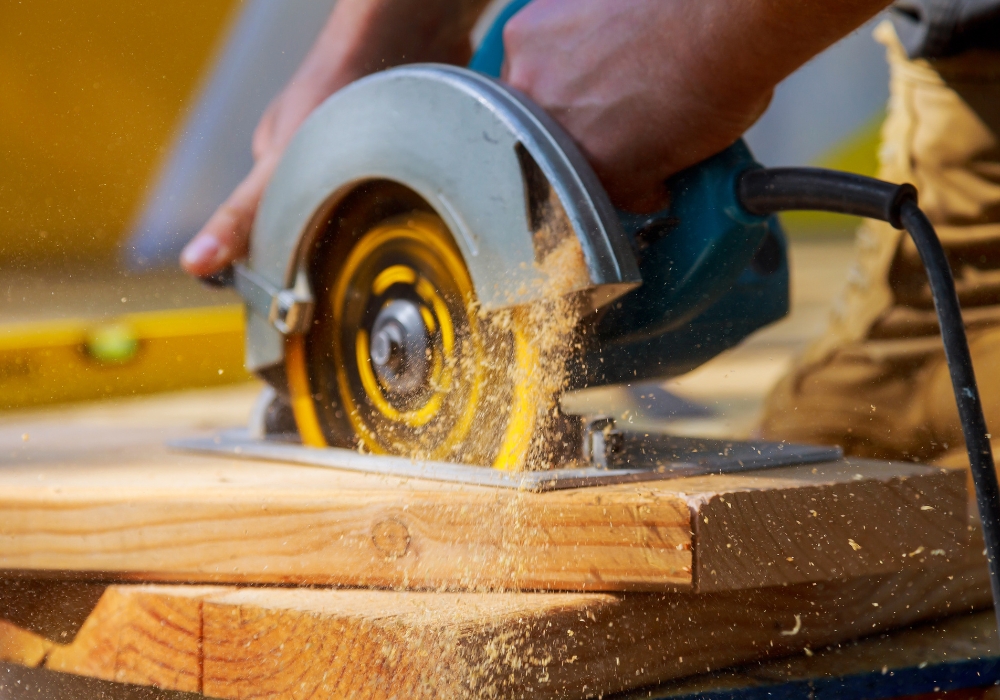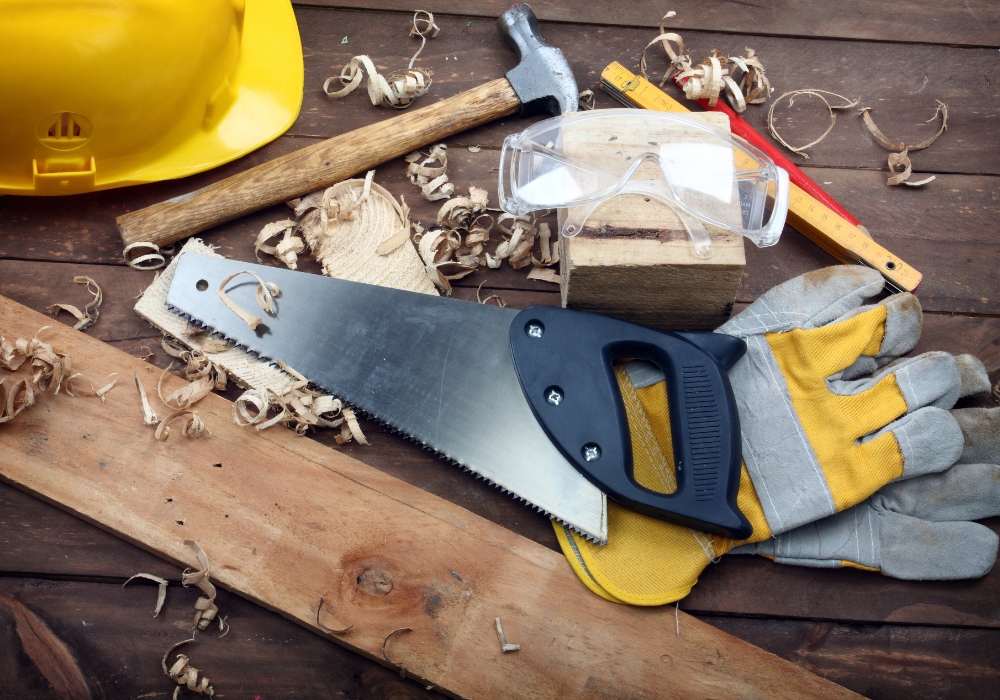Choosing the Right Power Tools for Your Project: A Beginner’s Guide
13th February 2024

Embarking on a new DIY project can be both exciting and daunting, especially when it comes to selecting the right power tools. With the plethora of options available on the market, it’s easy to feel overwhelmed and unsure of where to start. However, fear not! This beginner’s guide is designed to help you navigate through the maze of power tools and choose the ones best suited for your project.
Assess Your Needs
The first step in selecting the right power tools is to assess the requirements of your project. Consider the type of work you’ll be doing, the materials involved, and the complexity of the task. Are you working with wood, metal, or masonry? Will you be cutting, drilling, sanding, or shaping? Understanding your project’s needs will narrow down your options and help you focus on the essential tools.
Research, Research, Research
Once you have a clear understanding of your project’s requirements, it’s time to research the available power tools. Take advantage of online resources, product reviews, and tutorials to familiarise yourself with different tool brands, features, and functionalities. Pay attention to factors such as power, speed, durability, and safety features. Additionally, consider the ergonomics of the tools, as comfort and ease of use are crucial, especially for beginners. Pay a quick visit to your local Expert Hardware, our experienced staff will be able to share some feedback they have received over the years from customers about certain tools.
Start with the Basics
For beginners, it’s advisable to start with a few basic power tools that can handle a variety of tasks. A good starting point is a cordless drill/driver, which is versatile enough for drilling holes and driving screws in various materials. A circular saw is another essential tool for making straight cuts in wood and other materials. As you gain more experience and tackle more complex projects, you can gradually expand your collection of power tools.
Consider Corded vs. Cordless
When choosing power tools, you’ll encounter both corded and cordless options. Each has its advantages and disadvantages. Corded tools typically offer more power and continuous operation but require access to a power outlet. On the other hand, cordless tools provide greater portability and flexibility but are limited by battery life. Consider your project’s requirements and workspace constraints when deciding between corded and cordless options.
Invest in Quality
While it may be tempting to opt for the cheapest power tools available, investing in quality tools will pay off in the long run. High-quality tools are more durable, reliable, and efficient, ensuring better results and fewer headaches down the line. Look for reputable brands known for their craftsmanship and longevity, even if it means spending a bit more upfront. Remember, quality tools are an investment in your skills and the success of your projects. If you’re struggling to find what you want, consult with your local Expert Hardware, more often than not they will be able to order the tool you want on demand.
Safety First
Power tools can be dangerous if not used properly, especially for beginners. Before using any tool, familiarise yourself with its safety features and operating instructions. Always wear appropriate safety gear, such as goggles, gloves, and ear protection, to protect yourself from debris, noise, and flying particles. Additionally, keep your workspace clean and organised to prevent accidents and injuries. When in doubt, seek guidance from experienced Expert Hardware DIYers or professionals.

Explore Specialty Tools
As you gain confidence and expertise, don’t hesitate to explore specialty power tools tailored to specific tasks or materials. For example, a jigsaw is perfect for cutting intricate curves and shapes, while an angle grinder is ideal for grinding, polishing, and cutting metal. Specialty tools can help you achieve professional-quality results and open up new possibilities for creativity and experimentation in your projects.
Take Advantage of Accessories
Power tool accessories can enhance the functionality and versatility of your tools, allowing you to tackle a wider range of tasks with ease. From drill bits and saw blades to sanding discs and router bits, investing in high-quality accessories can significantly improve your efficiency and precision. Be sure to choose accessories compatible with your tools and suited to your project’s requirements for optimal performance.
Seek Guidance and Practice
Finally, don’t hesitate to seek guidance from experienced DIYers, instructors, or online communities when choosing power tools for your project. Learning from others’ experiences and expertise can help you make informed decisions and avoid common pitfalls. Additionally, practice using your tools on scrap materials before tackling your project to familiarise yourself with their operation and capabilities.
Choosing the right power tools for your project doesn’t have to be overwhelming. By assessing your needs, researching your options, starting with the basics, and prioritising safety and quality, you can select the tools best suited to your requirements and skill level. Remember to invest in high-quality tools, explore specialty options, and seek guidance when needed. With the right tools and a little practice, you’ll be well on your way to completing successful DIY projects like a pro!
Visit your local Expert Hardware store for a selection of power tools and expert advice
